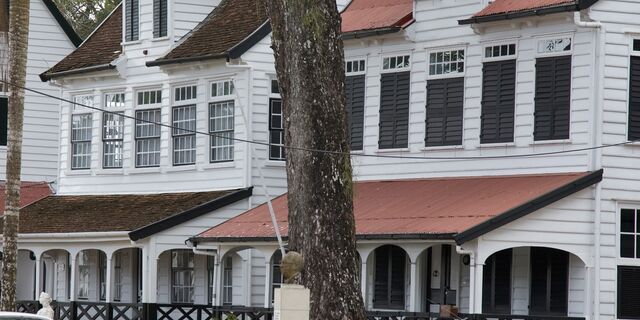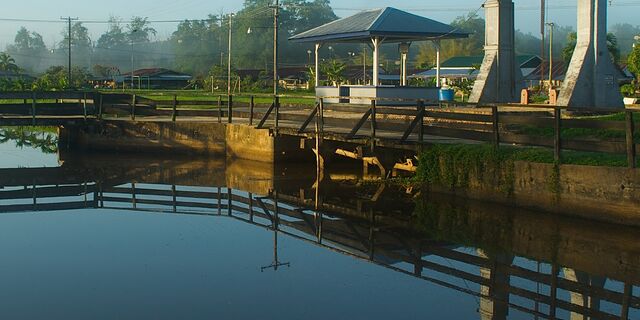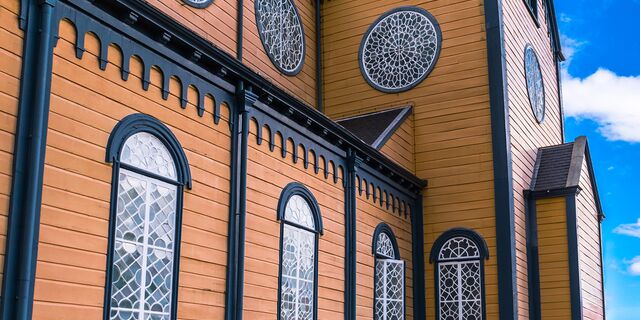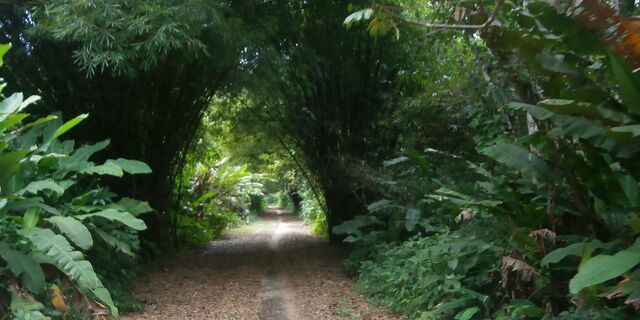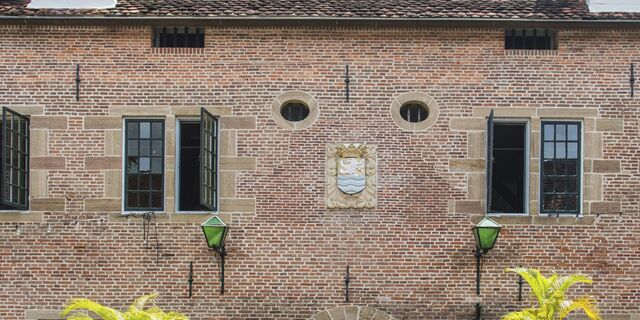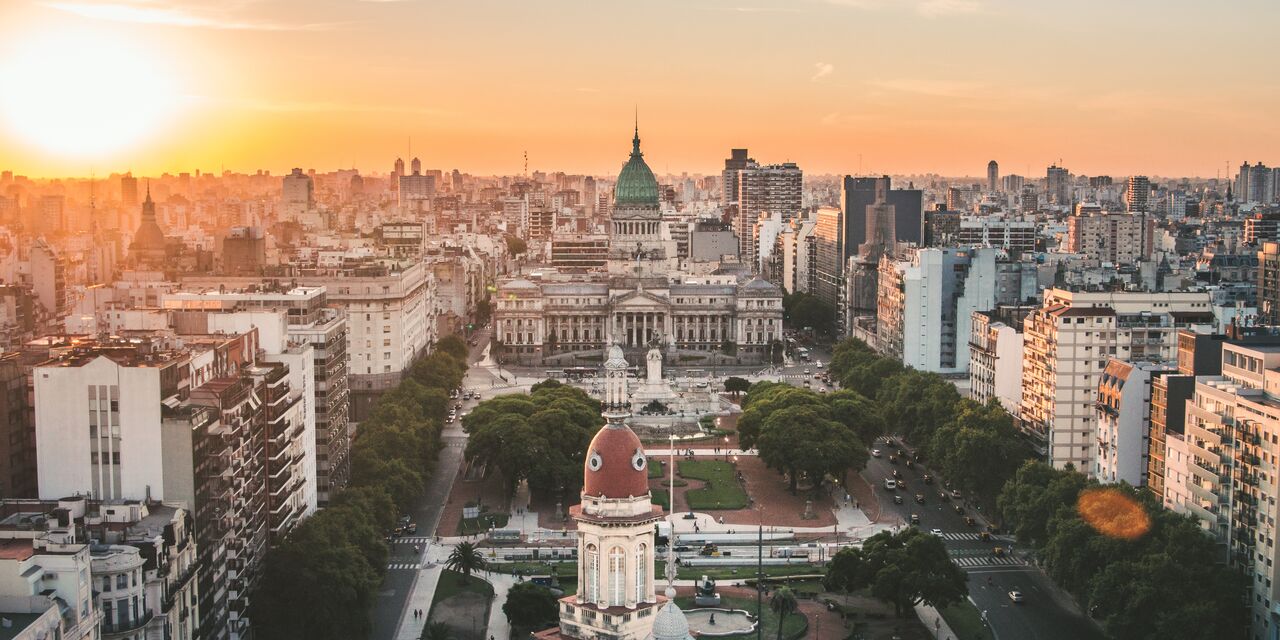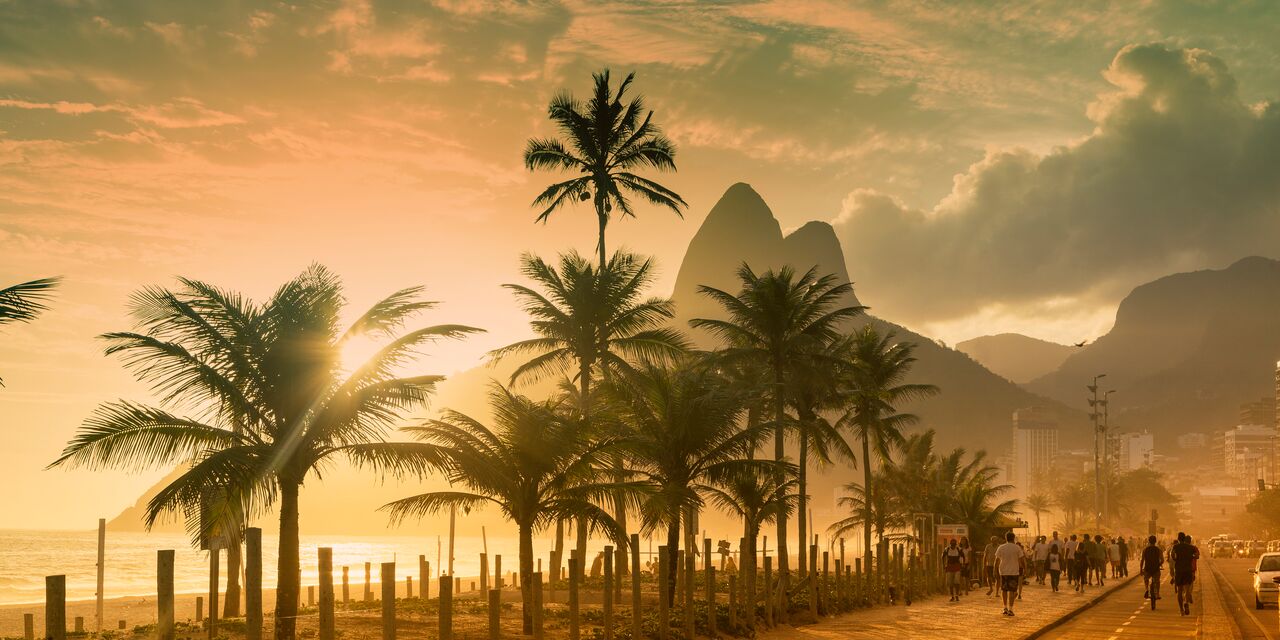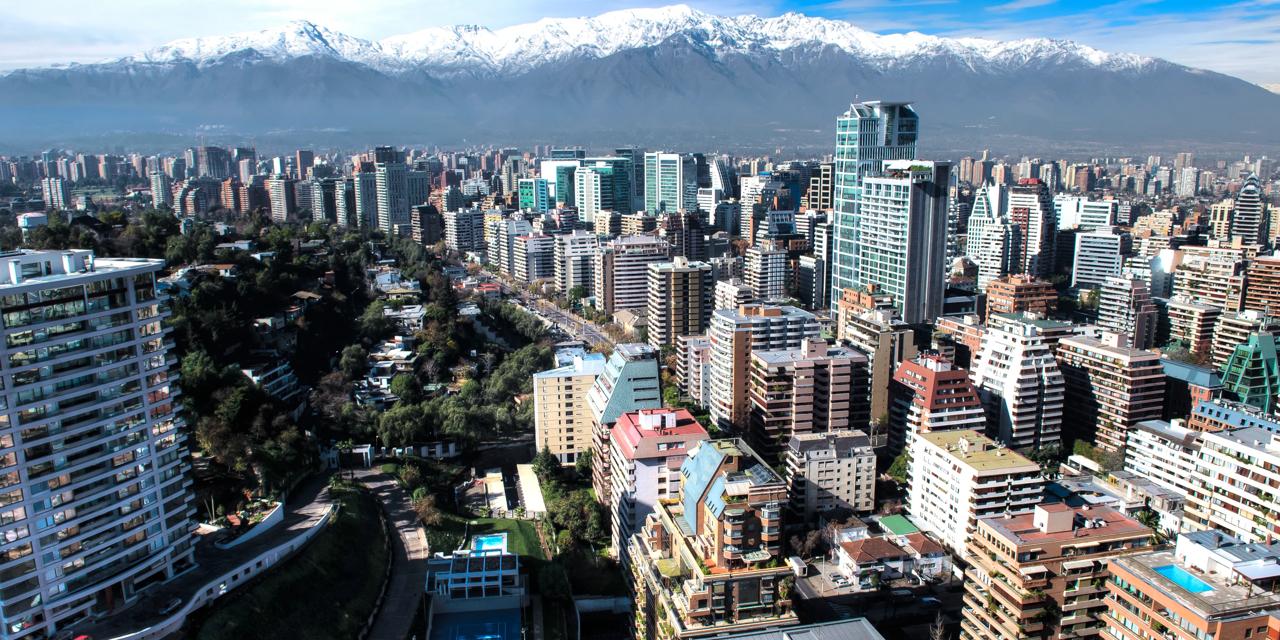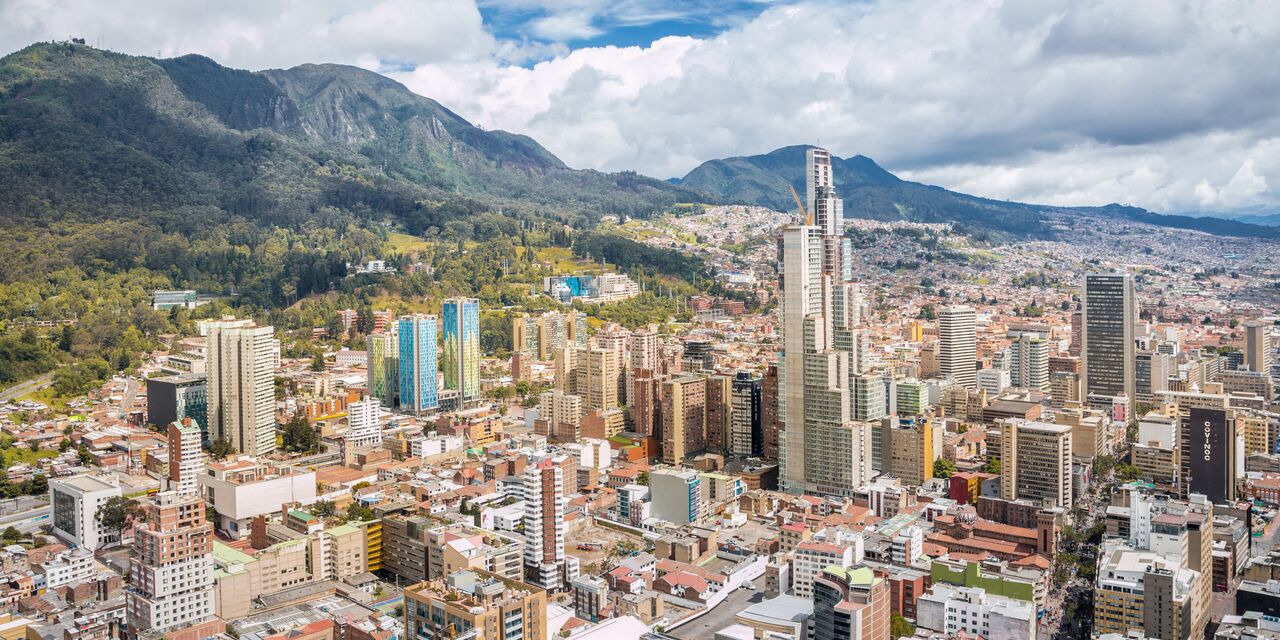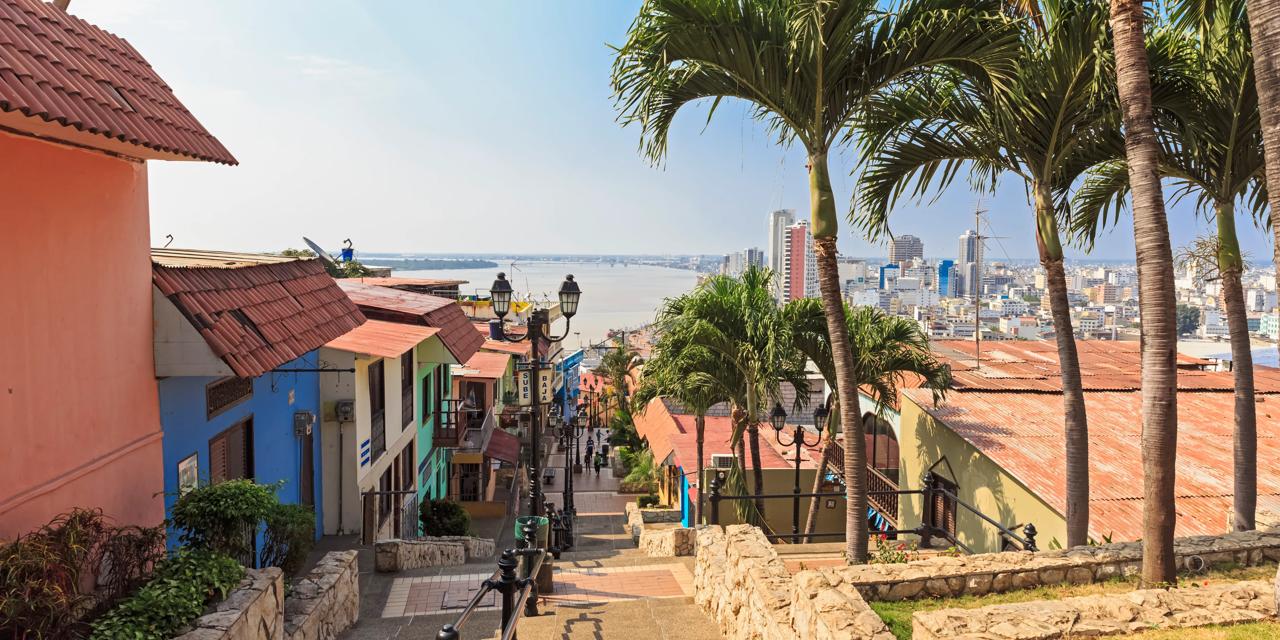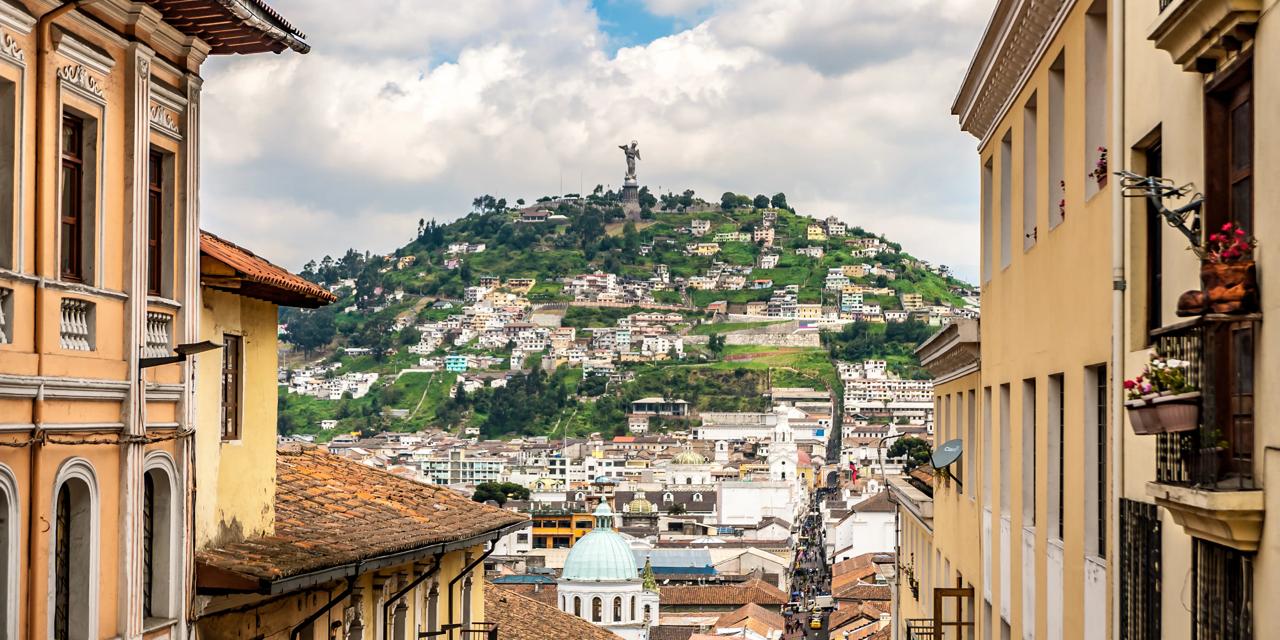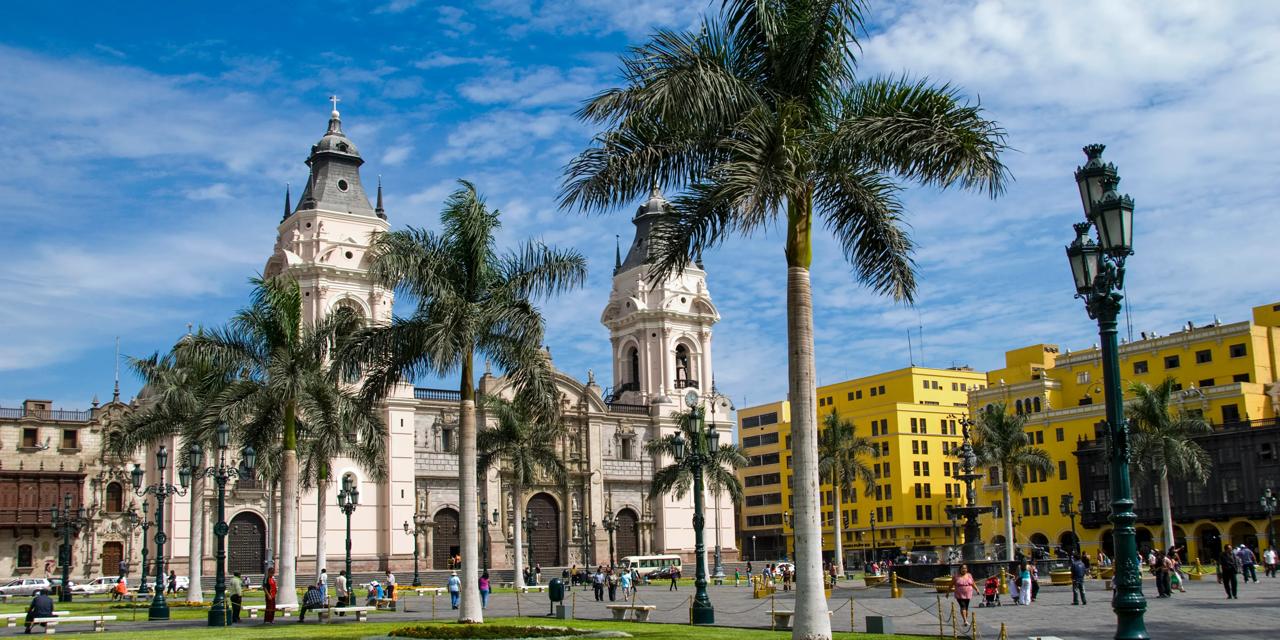A stroll in the shade of 101 palm trees
Most of Suriname is covered in pristine rainforest, and even in Paramaribo there is plenty of exotic greenery to enjoy. In the centre of the historic downtown just above Fort Zeelandia lies the charming Palm Garden. Planted in the colonial era, this park is perfect for a refreshing stroll and you can also enjoy a drink at the foot of these royal palm trees.
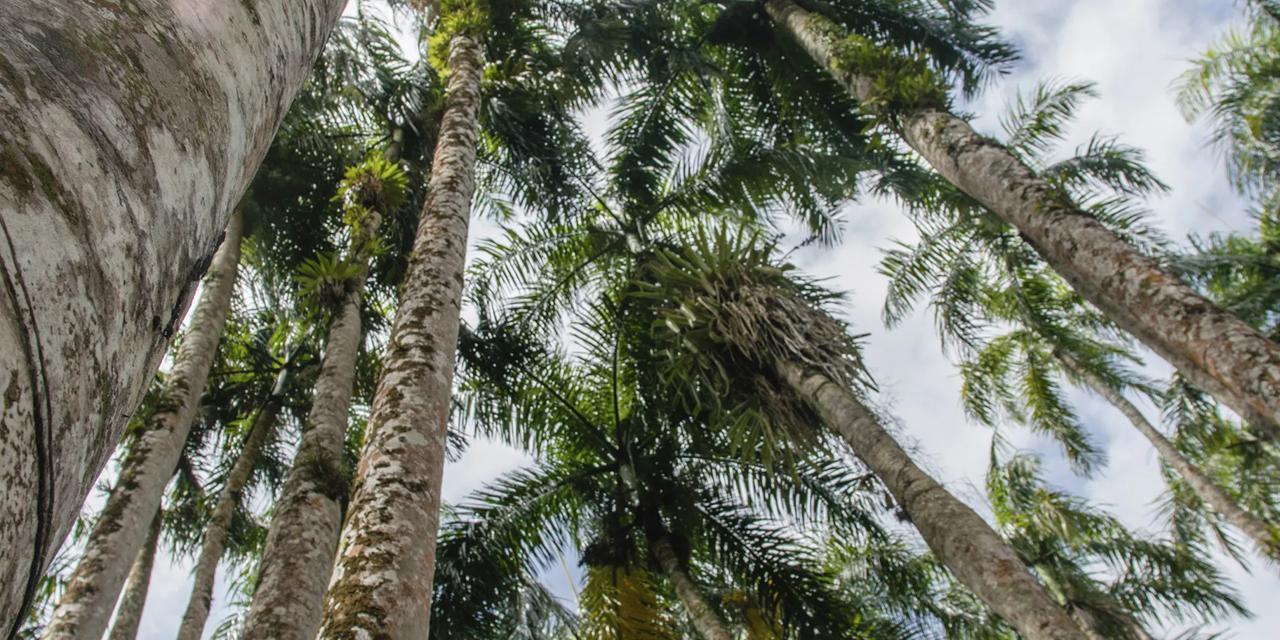
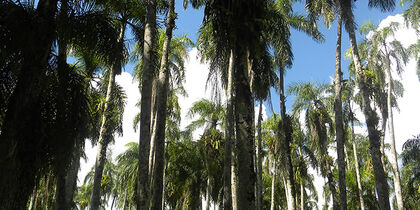
A pleasant colonial garden
The Palm Garden was planted at the end of the 17th century by a Dutch governor on a piece of land used by the military to grow vegetables. For a few years the spacious private garden was open to the public but after a group of rioting soldiers murdered Governor Aerssen van Sommelsdijck, the garden was closed again. Almost a century later, Governor Nepveu (1770-1779) dug a tunnel from the governor’s mansion to the middle of the Palm Garden as an escape route in case of another attack. In addition to an old brick sluice and the grave of a governor’s wife, the park is also home to a touching statue in honour of Ruben, a Surinamese boy who died of asphyxiation. The plaque on the statue urges all parents to look after their children. Zus & Zo, a lovely guesthouse in a brightly coloured colonial mansion, is located right on the edge of the Palm Garden. The patio with picnic benches is a simple spot and a great place to enjoy a drink while taking in the views of the garden.
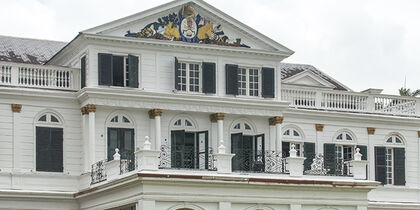
The Presidential Palace
The former governor’s house right next to the Palm Garden is now the Presidential Palace and hosts all official receptions. Originally the imposing white building was built entirely from wood, but around 1730 the building was reinforced with a brick base. The gable still displays the shield of the West India Company. Unfortunately, the palace and palace garden are not open to visitors. Just like the rest of the city’s historic downtown, this monument was added to the UNESCO World Heritage List in 2002.

The birds of the Onafhankelijkheidsplein (Independence Square)
The Presidential Palace looks out over the Onafhankelijkheidsplein (Independence Square), formerly known as the Oranjeplein (Orange Square, after the Dutch royal family). Here you will find several impressive government buildings, such as the Cabinet, the Law Court and the Ministry of Finance with its beautiful bell tower. The green square with tamarind trees is the place where national celebrations and other occasions take place. The most unusual gathering takes place every Sunday: Surinamese men meet here early in the morning with their birdcages for a very special singing competition. The melodies of the exotic birds are worth points which are marked on a scoreboard.
Discover other destinations in South America
*The displayed prices are for one adult. All amounts are in EUR. Taxes and surcharges are included. No booking fee is applicable. Prices shown may vary depending on fare availability.
The weather forecast information is provided by World Weather Online. Air France-KLM is not responsible for the reliability of this data.

